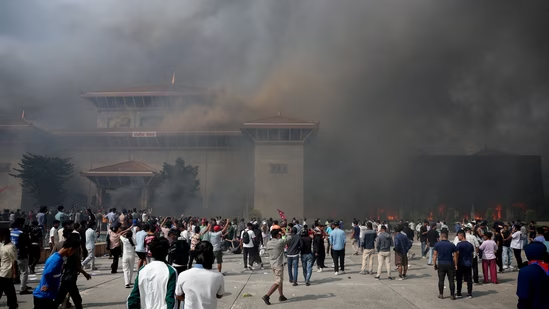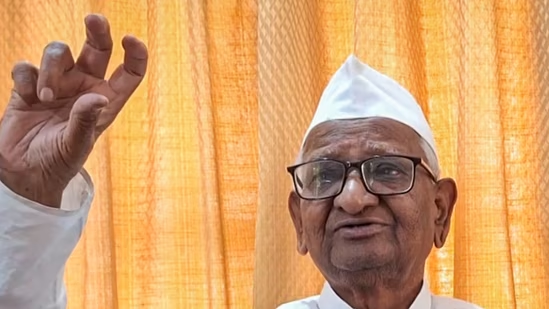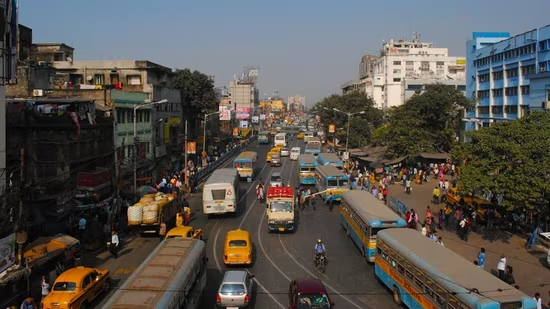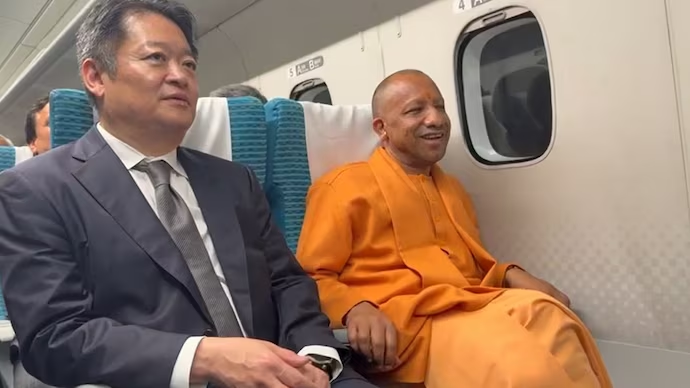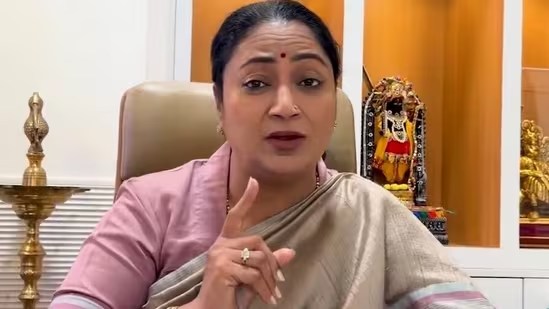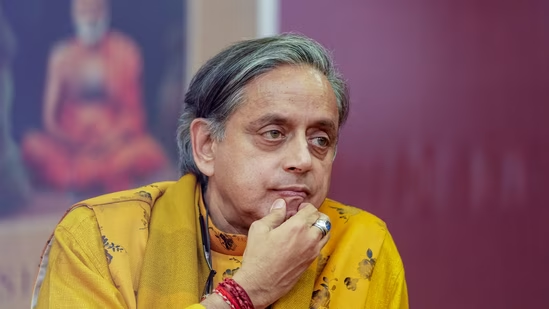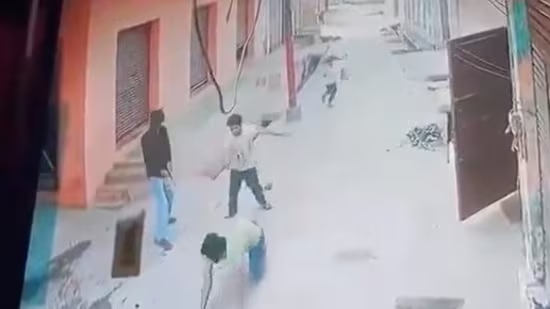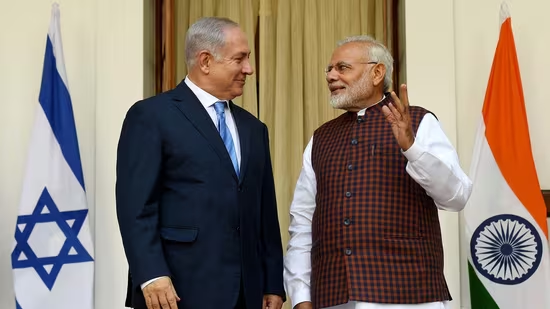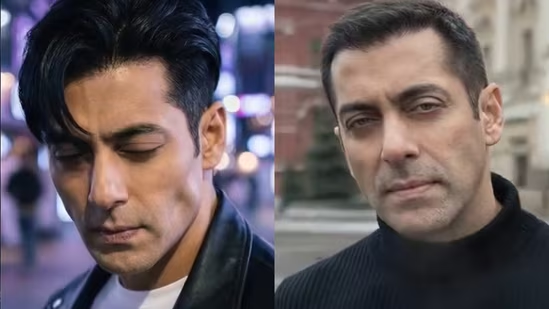India on Tuesday issued a fresh travel advisory for its citizens in Nepal amid escalating unrest that has left at least 19 people dead, while Nepal’s Prime Minister KP Sharma Oli resigned following days of violent demonstrations against corruption and a controversial social media ban.
The Ministry of External Affairs (MEA) said Indian nationals should defer travel to Nepal until the situation stabilises. Those already in the Himalayan nation have been urged to remain indoors, avoid venturing out on the streets, and follow safety guidelines issued by local authorities and the Indian Embassy in Kathmandu.
Indian citizens requiring assistance can contact the embassy through the following helpline numbers:
+977–980 860 2881 (WhatsApp also)
+977–981 032 6134 (WhatsApp also)
“We are closely monitoring the developments in Nepal since yesterday and are deeply saddened by the loss of many young lives. Our thoughts and prayers are with families of the deceased. We also wish speedy recovery for those who were injured,” the MEA said in a statement.
“As a close friend and neighbour, we hope that all concerned will exercise restraint and address any issues through peaceful means and dialogue,” the statement added, noting that authorities in Nepal had reimposed curfews in Kathmandu and several other cities.
Oli resigns under pressure
Prime Minister Oli, 73, submitted his resignation to President Ramchandra Paudel, saying he was stepping down to “facilitate the solution to the problem and to help resolve it politically in accordance with the constitution.” His resignation was promptly accepted, an aide to Paudel confirmed, adding that discussions had begun on selecting a new leader.
The army issued an appeal on X (formerly Twitter), urging citizens to “exercise restraint” after Oli’s resignation.
Oli, who was serving his fourth term since being sworn in July last year, had convened a meeting of political parties earlier Tuesday, calling for calm. He said violence was “not in the interest of the nation” and blamed “infiltration from different selfish centres” for the unrest, though he stopped short of directly addressing the corruption allegations fueling the protests.
Two of his cabinet colleagues resigned late Monday, citing moral grounds.
Worst unrest in decades
The turmoil marks Nepal’s worst political unrest in decades. The protests—dubbed “demonstrations by Gen Z” by organisers—erupted after the government imposed a sweeping ban on social media platforms, which was lifted only after violent clashes left 19 people dead and over 100 injured on Monday.
Witnesses said demonstrators set fire to tyres, hurled stones at police, and torched the homes of politicians in Kathmandu. Local media reported that some ministers had to be evacuated by military helicopters, though the information could not be independently verified.
Authorities shut down Kathmandu’s Tribhuvan International Airport, citing safety concerns as protest fires raged nearby.
Protesters, many of them young Nepalis, say the unrest is rooted in deep frustration with corruption and lack of economic opportunities. “We are still standing here for our future … We want this country corruption-free so that everyone can easily access education, hospitals, medical (facilities) … and for a bright future,” protester Robin Sreshtha told Reuters TV.
